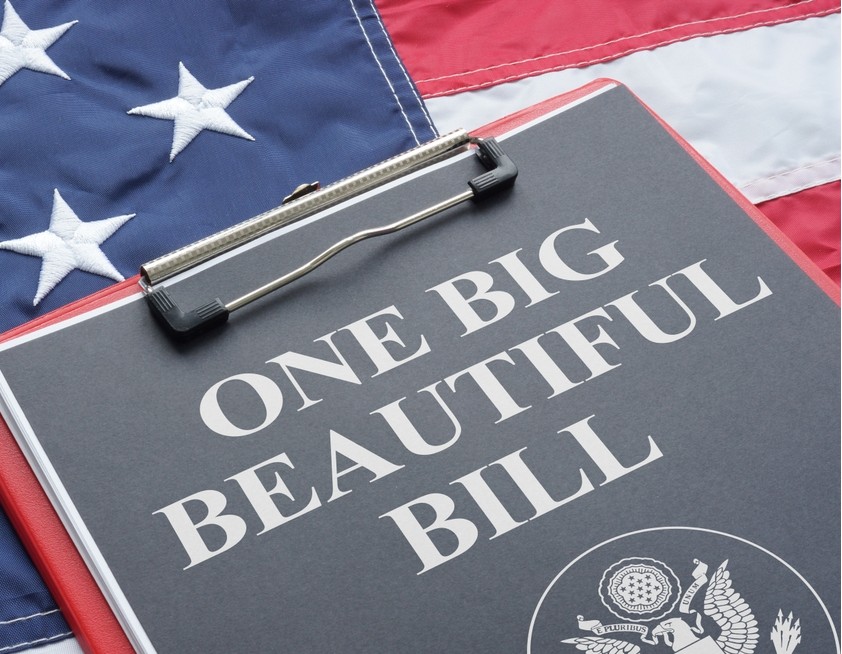For years, employer-provided meals — from free lunches and breakroom snacks to food offered during late shifts or overtime — enjoyed favorable tax treatment. However, beginning in 2026, the rules will change significantly for most organizations. If your team is accustomed to receiving meals at work, now is the time to prepare for what’s ahead.
Evolving Rules
Under current tax law, employers can generally deduct 50% of the cost of meals provided to staff and exclude the value of those meals from employees’ gross income. In some cases, meals may even qualify as a “de minimis” fringe benefit, meaning they’re so minor that tracking them would be unreasonable or impractical. When meals meet this definition, employers can deduct 100% of their cost while still excluding the value from employees’ taxable income.
Two major tax laws are driving upcoming changes:
The Tax Cuts and Jobs Act (TCJA) of 2017 — This legislation largely eliminated the employer deduction for meal expenses paid or incurred after 2025. The rule applies to both meals that qualify as de minimis fringe benefits and those excluded from employee income.
The One Big Beautiful Bill Act (OBBBA) — Enacted in July 2025, this legislation maintains the TCJA’s post-2025 elimination of most employer meal deductions but adds several exceptions that may apply to certain organizations.
Key Exception for Employers
Starting in 2026, businesses may continue to deduct 100% of employer-provided meal expenses if the meals are sold to employees “for full and adequate consideration.” In other words, the meals must be sold at fair market value — not at steep discounts or token amounts.
Other limited exceptions apply to specific industries, such as:
Meals provided to crew members on commercial vessels or drilling rigs
Meals provided to fishing vessel crews
For most employers, though, the main takeaway is clear: free or discounted meals will no longer qualify for a tax deduction beginning next year.
Communication Strategy
These changes could have a meaningful impact on workplace culture — especially if your organization has a long-standing tradition of offering free meals or snacks. Transitioning to a paid model could affect morale, so careful communication and planning are essential.
You may choose to absorb the additional costs and continue offering meals as a benefit, especially if doing so supports retention, productivity, or employee satisfaction. Evaluate the financial and cultural impact with your leadership team and tax advisor.
If you decide to adjust your policy, communicate the change clearly and early:
Explain the tax law updates in simple terms.
Update your employee handbook and expense policies accordingly.
Equip supervisors to discuss the change with their teams.
Roll out communications well before year-end to give employees time to prepare — and consider a reminder in January 2026.
A Changed Landscape
The tax landscape for employer-provided meals will look much different in 2026. These changes will affect both tax planning and employee relations, and organizations should start reviewing their policies now.
The team at Berndt CPA can help you evaluate how the new rules apply to your business, determine the most cost-effective approach, and identify tax strategies that align with your organizational goals.
© 2025 Berndt CPA LLC. All rights reserved.





